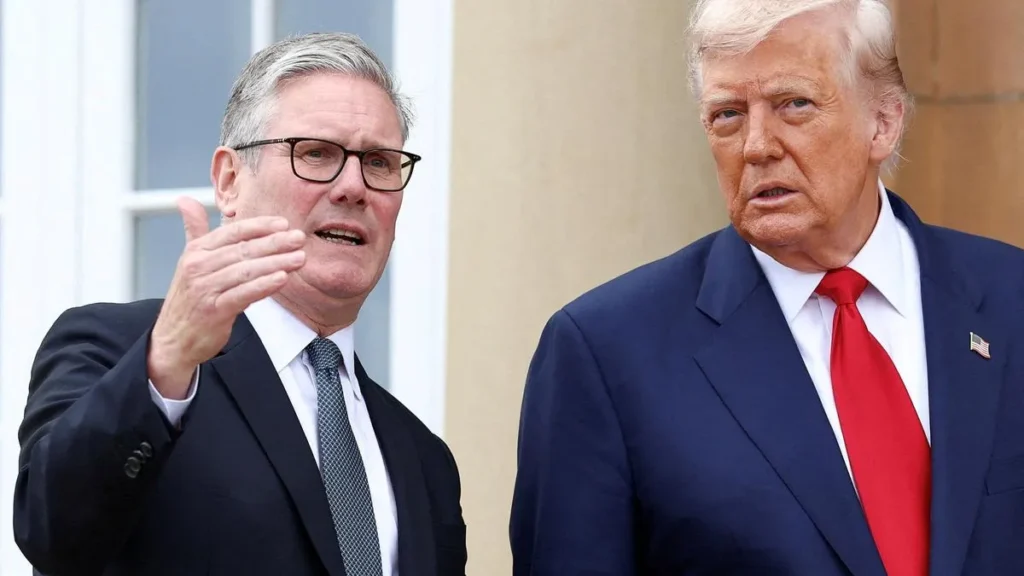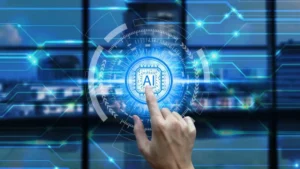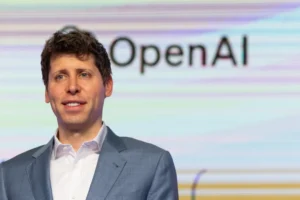The UK and the U.S. just unveiled a sweeping $42 billion “Tech Prosperity Deal”, aiming to reshape how the two nations collaborate on AI, quantum computing, civil nuclear power, and digital infrastructure. With pledges from giants like Microsoft, Google, OpenAI, and Nvidia, the agreement is being hailed (and scrutinized) as one of the biggest cross-border tech pacts in recent memory. (Reuters)
What the Deal Covers
Under the pact, Microsoft will invest roughly £22 billion (~$30B) in the UK over the next four years. This includes funding for data centers, cloud infrastructure, and R&D. Google is pitching in with about £5 billion, while Nvidia has plans for GPU deployments and AI infrastructure under the initiative “Stargate UK” in collaboration with firms like Nscale. Other investments target startup support, quantum research, and AI hardware. (Wired)
Why It Matters for the UK Tech Ecosystem
The UK has long been wrestling with how to retain tech talent, scale startups, and maintain digital sovereignty. This investment deal promises jobs, improved AI infrastructure, and greater global relevance. With the UK set to build its largest AI supercomputer, expand cloud capacity, and elevate its regulatory role, the pact could help set the agenda for future governance of AI and data across the region.
U.S. Gains Too-But What Kind?
For U.S. tech firms, the deal means deeper access to UK markets, talented research institutions, and regulatory engagement in what’s shaping to be a more tightly regulated AI environment. Firms like Nvidia, Microsoft, and Google also may benefit from favorable terms, subsidies, and local partnerships. However, there are risks: adjusting to UK regulation, energy constraints for powering data centers, and public scrutiny around outsourcing or environmental impact.
Potential Challenges Ahead
There are several hurdles that could slow or muddy progress:
- Regulatory complexity: Data privacy, competition law, and AI/Oversight rules differ between the two countries.
- Infrastructure constraints: Data centers need reliable power, water, and cooling—these come with environmental and local resource challenges.
- Talent supply: Although the UK has strong universities, there’s ongoing concern about brain drain, work visas, and retaining AI/quantum engineers.
- Dependency risks: Some UK experts warn that reliance on U.S. capital and firms could undercut UK’s own tech self-reliance. (The Guardian)
What Stakeholders Should Watch Next
Here are the key markers that will show if this deal turns from headline into real transformation:
- How quickly Microsoft, Nvidia, and others begin actual capacity builds (data centers, compute clusters) vs. just pledging.
- Where the AI growth zones are declared especially in areas like the North East of England and what local investment incentives follow.
- Regulatory frameworks for AI safety, data governance, and labor rights as new AI infrastructure comes online.
- Startup ecosystem effects: whether UK founded startups see more funding, retention, and growth vs. earlier patterns of exit or relocation.
Long-Term Implications
This deal could set a template for how major powers cooperate in tech without compromising sovereignty. It’s not just about money; it’s about standards, infrastructure, and who gets to shape the rules of the AI/quantum era. If done well, it might give the UK more bargaining power globally especially within the EU, where digital policy is rapidly evolving. For the U.S., it’s a chance to secure allies and trade partnerships around emergent tech.
My Take
I see this $42B pact as more than just investment it’s strategy. The UK wants to be more than an AI policy influencer; it wants infrastructure power. The U.S. wants global leadership, not just in innovation, but in defining how AI and quantum tech interoperate across borders. But success hinges on execution, not just promises. If UK can build infrastructure fast, regulate well, and nurture home-grown talent, this deal might tilt the global tech balance. If not, gaps in policy or follow-through will mean more talk than transformation.




